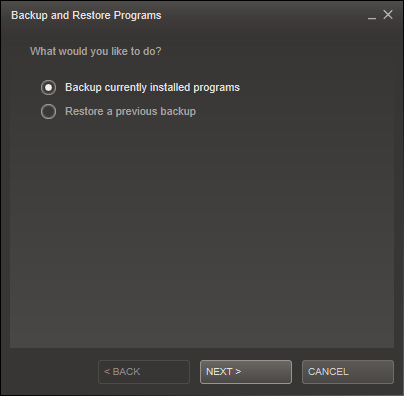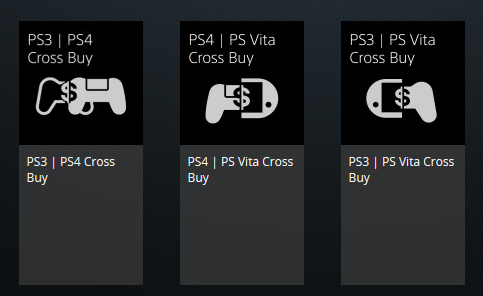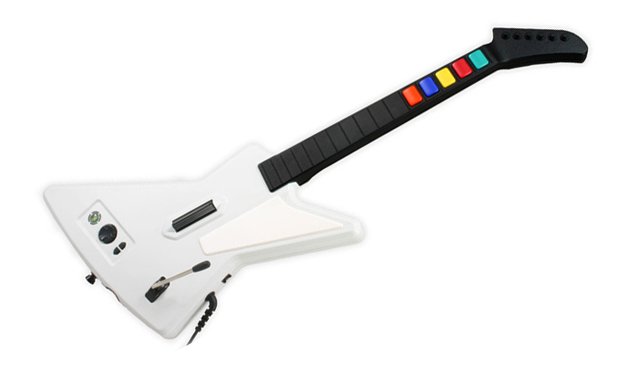

Not sure where your money goes? You’re not alone. Let’s talk about ways you can figure this out, save thousands every year, all while feeling happier than you do right now.
Money is weird. Most people spend five days of every week trying to acquire it but also avoid discussing it much with friends or family. And sometimes it seems that no matter how much we earn, we never have enough. How does this happen? And how do you fix it?
Money is just a system that needs optimizing, and any true geek loves optimizing systems. That’s how a little tech knowledge can save you thousands every year, and that’s how you can get a grasp on your money with just a few mental tricks.
Every kid learns how to multiply in elementary school, but way too many grown-ups seem to forget how it works. That leads to all sorts of bad money decisions.
Let’s use the cliché example, and imagine you buy a $3 cup of coffee every day. Doesn’t seem expensive, right? But multiply that by the 365 days in a year and you’re looking at a $1,095 annual expense.

Would you pay $1,095 a year for a “coffee subscription”, that entitled you to one cup of coffee every day? Probably not. But if you buy a cup of coffee every day, that’s what you’re doing.
Any money that you spend routinely multiplies, and humans aren’t naturally great at this sort of long-term thinking. So it’s important that you develop the mental habit of multiplying ongoing expenses, then re-accessing their value. My prefered method is to work out what habits are costing me annually, then thinking about them accordingly. For example:
I’m not saying you should cut all of these expenses out of your life, just that you should try to be aware of how your spending is multiplying and work on ways to reduce that ongoing spending.
Think about it: if you could save $100 on your next computer purchase by shopping around, you’d spend a few hours looking for a deal. So why not spend a similar amount of time thinking about your ongoing expenses? It could end up saving you thousands every year for the rest of your life.
Pro tip: figure out how much your daily habits are costing you annually to put potential savings into perspective.
There’s nothing wrong with occasionally going out for coffee, eating out, or otherwise indulging in something nice. But as we just learned, doing so regularly adds up quickly.
This isn’t just about money: it’s about contentment. Doing anything regularly changes it from being a luxury that you deeply appreciate into a routine that you take for granted, meaning you’re spending more money without feeling more satisfied.

Let’s get back to the coffee example. That $3 cup of coffee you have every day – which, remember, is costing you $1,095 annually – isn’t going to feel like special if it’s a routine thing. So maybe you switch up your order, occasionally ordering a $5 latte instead just to treat yourself.
Not a big deal, it’s just an occasional treat. Right? Sure…until it isn’t.
The danger is you’ll eventually order the $5 latte more regularly, until it stops feeling like a treat at all and just becomes your routine. That $5 treat becomes your daily order, turning your $1,095 annual coffee budget into a $1,825 one.
Even worse, once that latte becomes a habit it won’t feel special – meaning you’ll probably end up getting something else when you want to treat yourself later on. It’s a vicious circle of spending, sure, but it’s also a vicious circle of dissatisfaction. It turns what was special to you into a routine, making it simultaneously less valuable and more expensive.
This isn’t just about coffee: it can apply to everything. If you’re a gamer, you probably remember how freaking excited you were about every new game or console you got at Christmas.
It wasn’t that games were better back then – they weren’t – it was the relative scarcity of new games you got that made every time feel so special. Buying more games won’t bring that feeling back; it will only make new games feel routine. You’ll have wasted thousands on Steam, but still be left wanting more.
You can save all sorts of money, and feel generally more satisfied, by spotting all of the luxuries you’ve turned into routines – then turning them back into occasional luxuries. You’ll spend less and enjoy more.
Never buy cutting-edge anything. Not only do you pay more for your phone, computer, or gaming system than anyone else – you also end up with a worse experience.
No matter how much beta testing companies do, there always seem to be a few bugs to work out after release. And who suffers through those bugs? Early adopters. Wait six months or even a year after release and these bugs will all be sorted out.
Even better: you’ll spend way less money. Smartphone prices, for example, tend to drop dramatically one year after release, sometimes costing almost half as much after only a few months after release.
Coming back to gaming, new consoles routinely cost hundreds of dollars more in their first couple years on the market. For all that additional money, you get a system with a relatively shallow selection of games and basically nothing available on the used market.
Wait a couple of years, however, and you’ll not just pay less: you’ll have access to hundreds of games right away. Even better: a few years of consensus means you’ll know exactly which games are worth paying for. So you’ll not only save hundreds on the console itself, but also avoid spending hundreds of dollars on bad games.
You can apply this sort of thinking to just about anything, it just takes stepping back a bit and not buying into the hype. If something’s worth having, it’s worth waiting for.
Pro tip: Most smartphone prices drop by half a year after release. Through lagging behind by one update cycle, you will save $400-500 a year.
Say you’ve stopped going out for coffee every day, and deeply miss it. Why not spend some of that thousand dollars you’re saving annually on learning to make better coffee at home? You’ll learn a new skill, save money over going out for coffee, and be able to offer your guests something delicious.
Learning new things is a great way to save money, but also leads to feel a deep sense of satisfaction – and makes you into a more interesting person. It’s why MakeUseOf offers all sorts of DIY projects, which I hope you’ll check out.
You could pay someone to fix your iPhone, or your could fix it yourself. You could spend money on board games, or you could find open source ones you can make yourself. You can spend money eating out, or you can get over your kitchen fears and learn to make your favorites.
All of these ideas let you save money, sure, but they’re also satisfying.
Shopping can be fun, which is part of the reason you end up spending so much money. But buying things on the used market can be even more fun, feeling more like a treasure hunt than a retail experience.
This is why I spend time browsing thrift stores, and exploring Craigslist: it’s fun. And like most skills you spend time honing, you get good at it. Get good at it and you’ll be amazed at how much money you save.
Clothing is an obvious example: there’s all sorts of great stuff you’ll love at your local thrift shop. But you can also find great deals on surprising things sometimes.

I’m writing this on a refurbished Mac I found on Craigslist for $400 below retail, and thanks to the way that Macs hold their resale value I’ve got a good chance at getting a lot of my money back when I decide to upgrade.

All of the above tips basically boil down to awareness – to thinking about where your money goes instead of just shrugging your shoulders. You are in control of your decisions – the trick is realizing that and acting on it.
These tips have worked wonders for me, but I want to learn from you. What money saving tricks do you use? Let’s talk about them in the comments below, along with any thought you have about the ones above. I’m looking forward to it.




 5 Of The Best Cross-Buy PlayStation Games You Should Play
5 Of The Best Cross-Buy PlayStation Games You Should Play What Video Games Can Really Teach Us: Active and Critical Learning in Gaming
What Video Games Can Really Teach Us: Active and Critical Learning in Gaming Ten Best Gaming Peripherals
Ten Best Gaming Peripherals Fallout Shelter (iPhone/ iPad) Equipment / Legendary Dwellers
Fallout Shelter (iPhone/ iPad) Equipment / Legendary Dwellers The Elder Scrolls Online: How to Fix Crash, Patch Manifest Error, Connection issues, Launch issues, Log-in error, Black Screen etc
The Elder Scrolls Online: How to Fix Crash, Patch Manifest Error, Connection issues, Launch issues, Log-in error, Black Screen etc